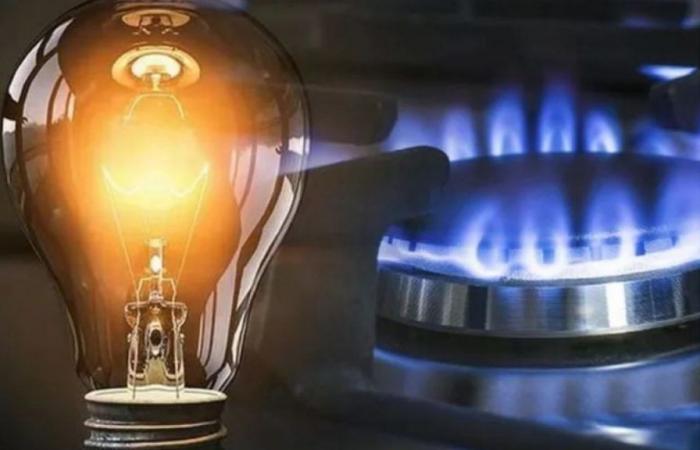In a measure that seeks to contain inflation, The Government decided to once again stop the increases in electricity and gas rates planned for July. This increase, which would have had an impact of 2-3% on the bills of households, businesses and industries, was intended to improve the margins of companies that provide regulated public services of transportation and distribution of electricity and natural gas.
Contradictory measures in search of economic stability
The Minister of Economy, Luis Caputo, also announced an increase in taxes on fuels, which will have an impact of 1% on gasoline and diesel, effective as of Monday, July 1. Both measures, although they seem contradictory, are intended to consolidate a process of inflation reduction that was interrupted in June after five months of decline (January-May), due to previous tariff adjustments that aimed to reduce public spending on subsidies.
The companies affected by the tariff freeze measure include major energy sector players such as Transener, Transba, Transpa, Edenor, Edesur, Transportadora de Gas del Sur (TGS), Transportadora de Gas del Norte (TGN), Metrogas, Naturgy, Camuzzi and Ecogas, among others. “We are going to have to drastically reduce our investment plan,” said an executive of one of these firms, expressing the sector’s concern over the government’s decision.
Between February and April, the Government had signed agreements with these companies to give up judicial and administrative claims in exchange for rate increases and a monthly indexation formula based on the evolution of inflation, salaries and the cost of construction. However, the implementation of this formula had already been postponed once in May and now, for June, the Secretary of Energy, Eduardo Rodríguez Chirillo, received the order from Caputo to cancel this mechanism and start in July with a new formula that incorporates projected future inflation to update company income. This new formula has also been postponed.
Consequences and promises
As a result, electricity companies will face a tariff delay of close to 50% at the end of next month, corresponding to the inflation accumulated since February, and gas companies will face 25%. This loss of income could delay part of the supposed investment plan planned by the companies.
To calm the private sector, the Government promised to convene the Five-Year Tariff Review (RQT) before the end of the year, which will define a five-year investment plan in exchange for guarantees and certainty in tariffs. This year’s arrears will be offset by higher increases paid by users over 60 months once the RQT is implemented.
Impact on fuels
In contrast to the decision on electricity and gas rates, fuel prices will see an increase next week. This increase will reflect the monthly devaluation of the peso against the dollar (2%) and the increase in taxes (1 point more).
The remaining fuel tax increase, which exceeds $100 per liter of gasoline and $80 for diesel, will be applied throughout the second half of the year, possibly in installments starting in August. With these taxes, the Government seeks to recover tax revenue equivalent to 0.5% of the Gross Domestic Product (GDP) for the entire year, or approximately 3 billion dollars, which represents 10% of the fiscal adjustment proposed by Minister Javier Milei.






